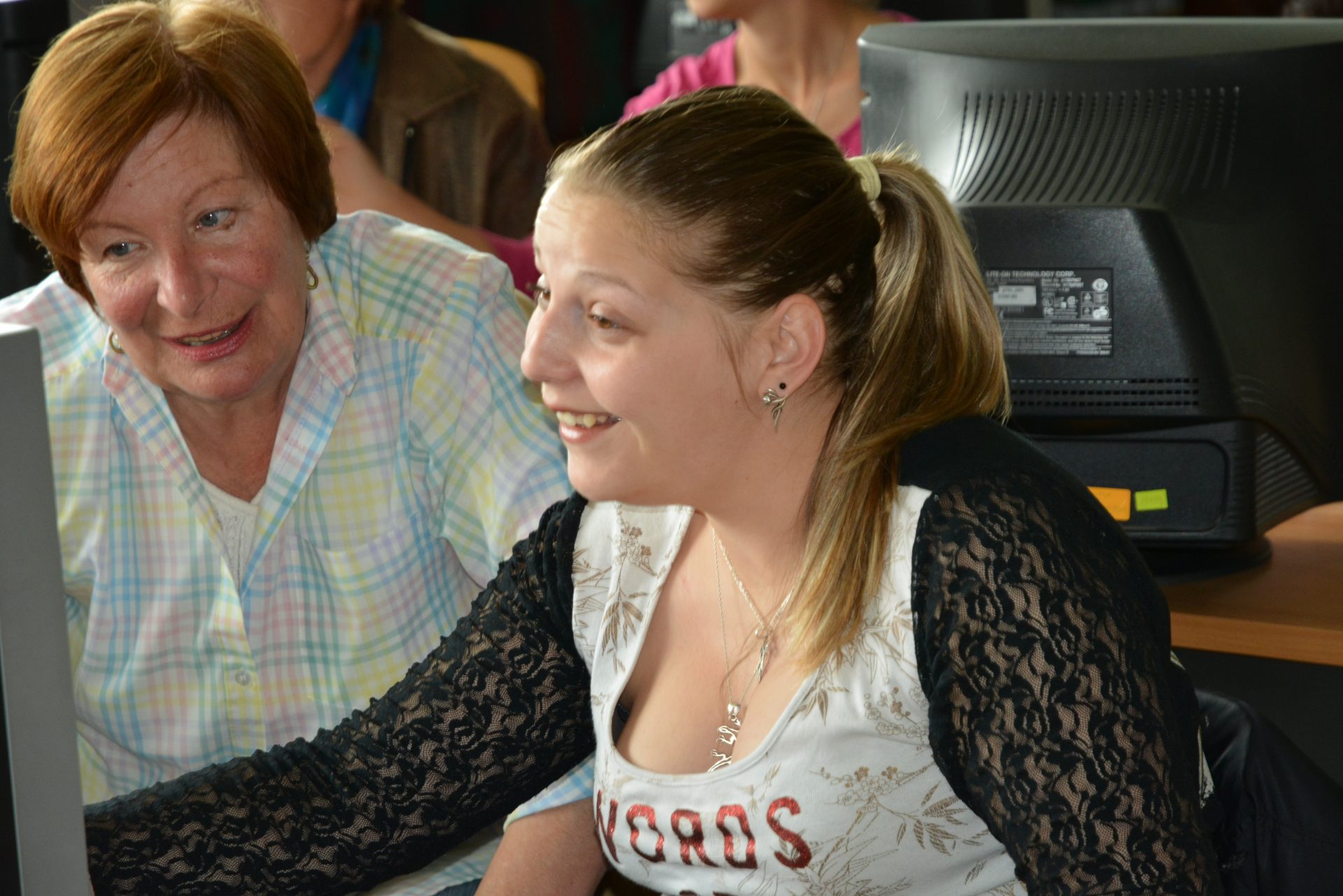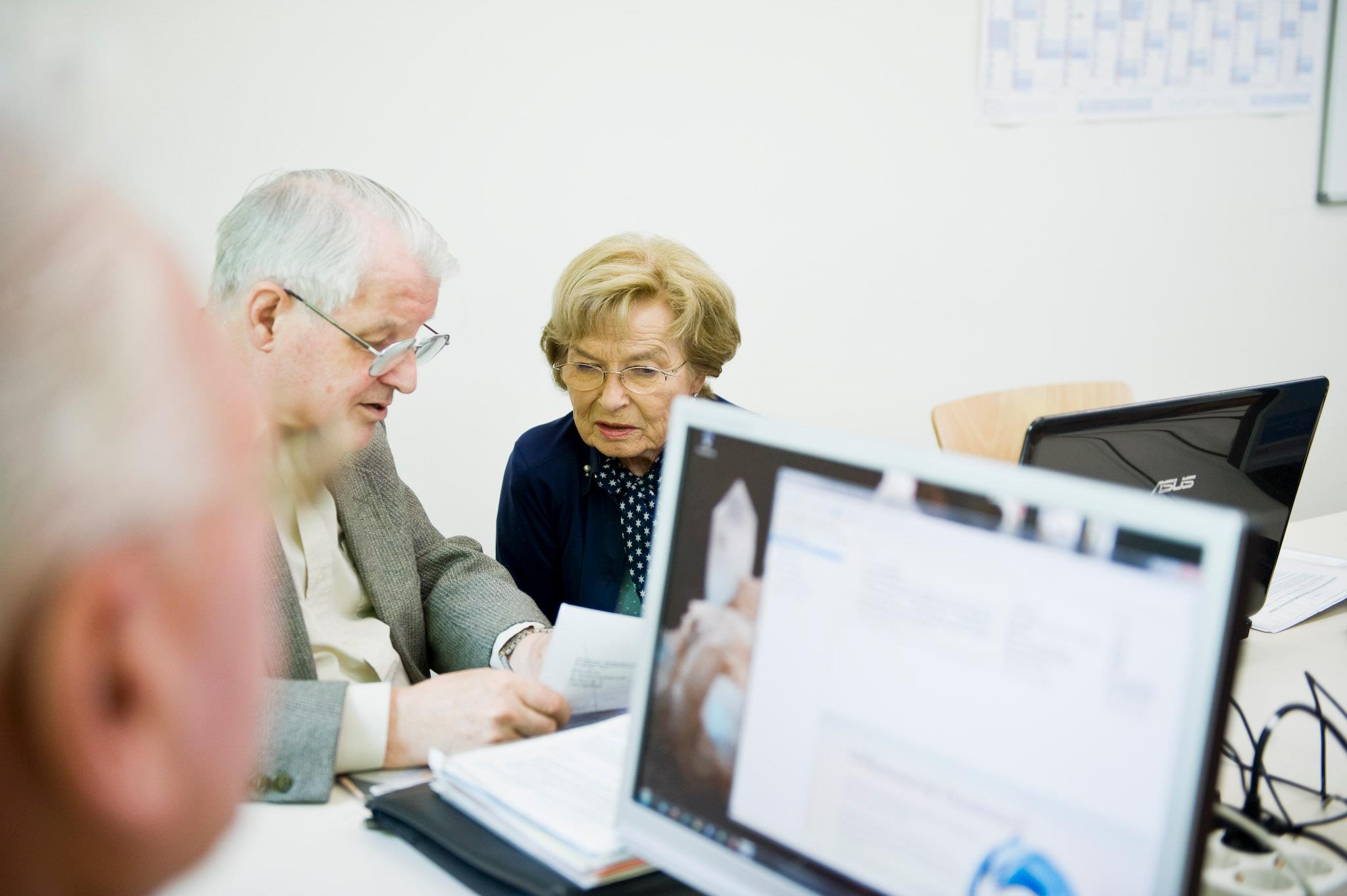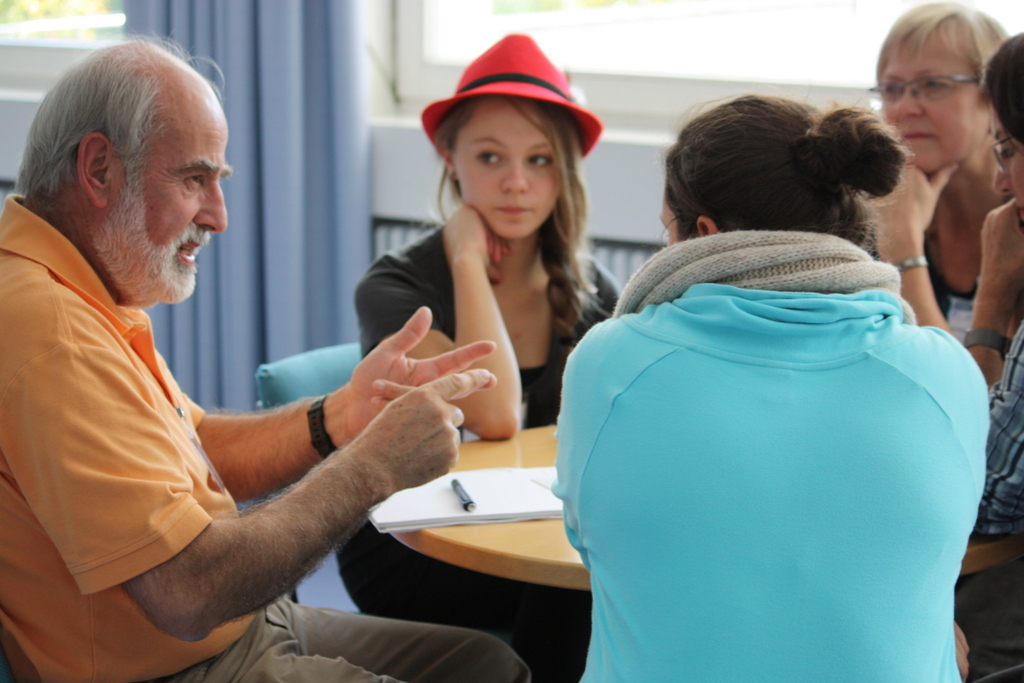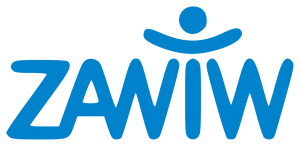@Learn



Aim
- Building a lively, intergenerational learning community marked by mutual appreciation, support and exchange.
- Development of offline and online learning materials.
- Fostering intercultural and intergenerational exchange.
Full Description
@Learn was a multilingual Grundtvig project with partners from 5 different European countries.
The aim was to build a learning community to promote Active Ageing and Lifelong Learning. The focus was on the following topics:
- Health and prevention for conservation of competence and productivity
- Social integration via the new media
- Intergenerational dialogue
Learning is a major part of Active Ageing and promotes not only the physical and psychological health, but also helps older people to remain socially integrated, to feel perceived and appreciated.
We developed an Active-Ageing Learning Community in which over 60 years old people are able to educated themselves further together with younger learners aged 16 to 35 years old.
Our vision was a lively, generation-spanning Learning community, shaped by mutual appreciation, support and exchange.
The project lasted from 01.11.2012 to 31.10.2014.
The project was coordinated by the Technical University Gabrovo (Bulgaria). Project parterns were: ZAWiW (Ulm University, Germany), University Coruña (Spain), Provinvical Association of Pensioners and Retired People from A Coruña (Spain), Patto Territoriale Oristano Soc. Cons. a r.l. (Italy), and Age Action Ltd. (Ireland).
Step by Step Explanation
-
1
Development of an Active Ageing Learning Community (AALC) comprising 3 learning modules (face-to-face and Internet-based):
- Health Self-Management
- ICT for Social Networking
- Intergenerational Volunteering
The materials were available online and offline in the respective languages of the project partners.
-
2
Active involvement of the target groups within the project lifetime and after its end by including them in the following activities:
-
3
Raising awareness on active ageing and acquisition of active ageing skills.
-
4
Using intergenerational approach, blended learning and methods such as cooperative, engaged and problem-based learning.
Results
Implemented Methods
Focus Groups
Focus groups were conducted in each partner country, targeting seven 60+ and seven 16-35. They were in the form of workshops moderated by an expert. The workshop was recorded on video. The video was analysed and reported in a Needs Analysis Report. Their aim was to achieve objective information on the active ageing knowledge and skills gap, as well as on the disposition and motivation of both target groups to active ageing learning. Furthermore, it was envisaged to provoke the target groups to share their viewpoints and actively participate in the discussion of the problems under question. This helped the consortium in the development of the learning modules that best matched the learning needs of the target groups. In addition, they aimed at involving the target group in the project from its very beginning.



